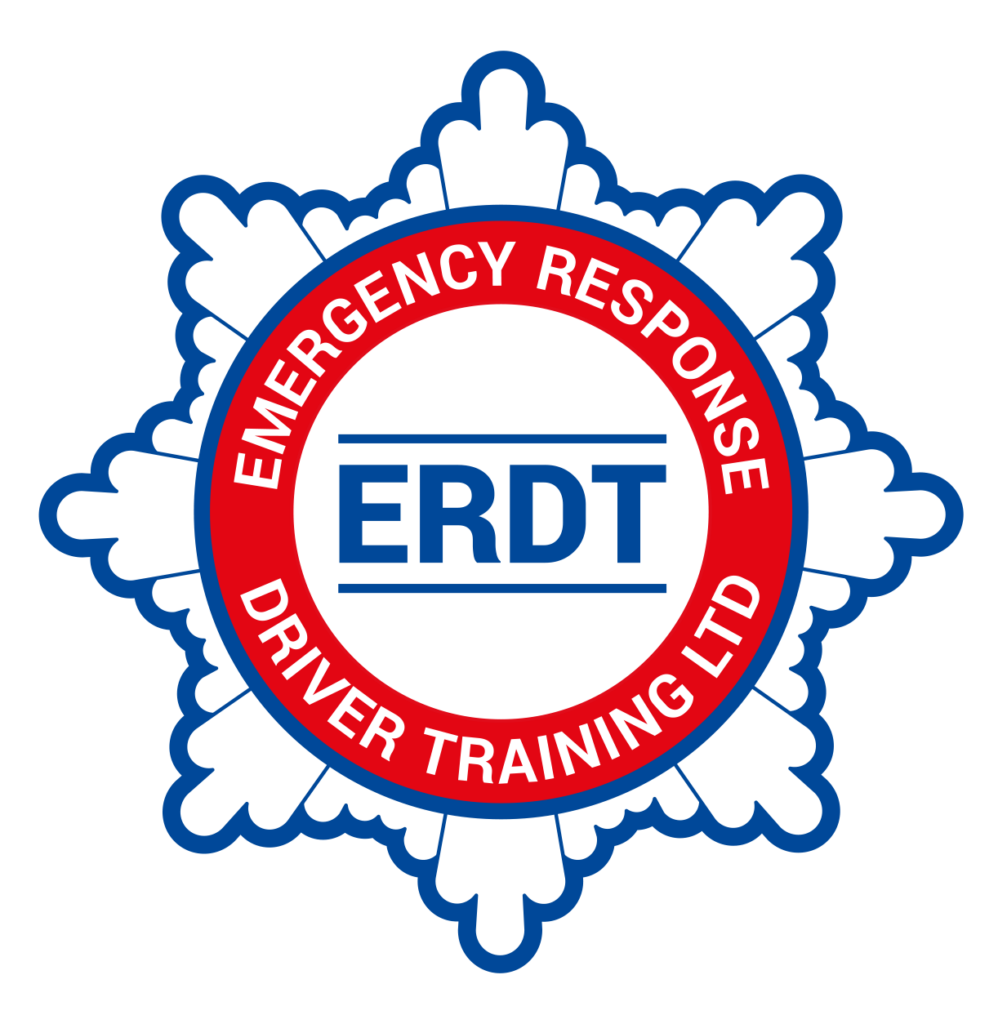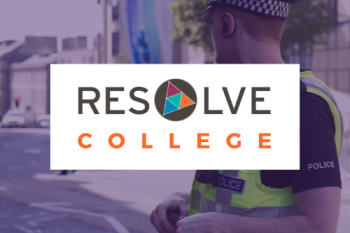Custom certification: Industry-first professional learning improves emergency response driving competencies

Find out more
Read the full story about how quality assurance and certification helped ERDT delivery an industry-first programme, accredited by SFJ Awards.
Download case studyApproved SFJ Awards centre, Emergency Response Driver Training Ltd (ERDT) deliver an industry-first Level 3 Award driving qualification, and a suite of driving and instructors’ certificate of achievements. The professional learning, accredited by SFJ Awards addresses legislation covering the driving of emergency vehicles.
“SFJ Awards are a nationally recognised and regulated awarding organisation and custom certification services provider who work with a wide range of organisations that deliver public benefit.”
Stephen Milton, Managing Director


The Challenge
Legislation changes can mean that skills and competencies need to adapt to continue to deliver safe front-line services. Driving emergency response vehicles is a skill that requires recognised learning to help those in existing roles, and those looking to gain knowledge to perform their duties safely.
The Section 19 of the Road Safety Act (2006) has replaced section 87 of the Road Traffic Regulation Act (1984), outlining speed limit exemptions for emergency service vehicles. As a result, drivers are now required to undertake a high-speed training course before being permitted to exceed speed limits.
Emergency response time targets are set to national or local standards and upholding these is key for service’s, in order to be effective and preserve life. Emergency response driving is, rightly, promoted as a professional skill, underpinned by high-quality advanced training and assessment.
The Solution
Training courses delivered by Emergency Response Driving Training Ltd (ERDT) helps to reassure learners and their employers, that staff are competent to perform high-risk duties safely. Independently certificated training creates public trust, ensuring that emergency service staff have the right skills to help save lives.
SFJ Awards were the first choice for ERDT to partner with, as a trusted awarding organisation with 250+ industry-leading qualifications. Our independent quality assurance process ensures bespoke training courses meet required learning outcomes, and provides peace of mind for employers and the public.
ERDT has delivered training to over 85 emergency services and allied
organisations in the UK and worldwide, with SFJ Awards Level 3 accredited Emergency Response Driving High-Speed (ERD) and Level 3 accredited Emergency Response Driving High-Speed (Re-Assessment). Each learner who successfully completes training with ERDT receives a recognised certificate from SFJ Awards, demonstrating competency to do their roles safely, and meet national legal requirements.




The Learning
An industry-first by design, ERDT’s training is based on the police
‘Roadcraft’ system of car control, designed to meet legislative
requirements, as well as the National Fire Chiefs Council
emergency response driver framework.
The unique qualification structure provides eligible drivers with the
opportunity to complete ERD unit 1: Demonstrate Advanced Driving
Skills, a vehicle class pathway unit, and ERD-unit 2 covering driving
vehicles at high-speed under emergency response conditions.
For drivers that do not have a speed limit exemption or do not have
an operational requirement to drive above the speed limit, but who
are required to drive under emergency response conditions can now
complete the SFJ Awards certificate of achievement in Emergency
Response Driving Road-Speed.
The SFJ Awards Certificate of Achievement in Blue Light Driving
also provides drivers using blue lights and sirens within the speed
limit, with the right skills and competencies to perform their roles.
The Outcomes
Emergency services across the UK go to great lengths to ensure
drivers understand that their first duty is to protect the safety and
wellbeing of themselves, other staff, patients, passengers, and road
users.
Employers also strongly advocate that the way their staff is
important for public perception of their services. Ensuring all staff
have the highest quality training is key to preparing them for the
challenges that emergency driving holds, and ensures the public
receive rapid life-changing outcomes.




